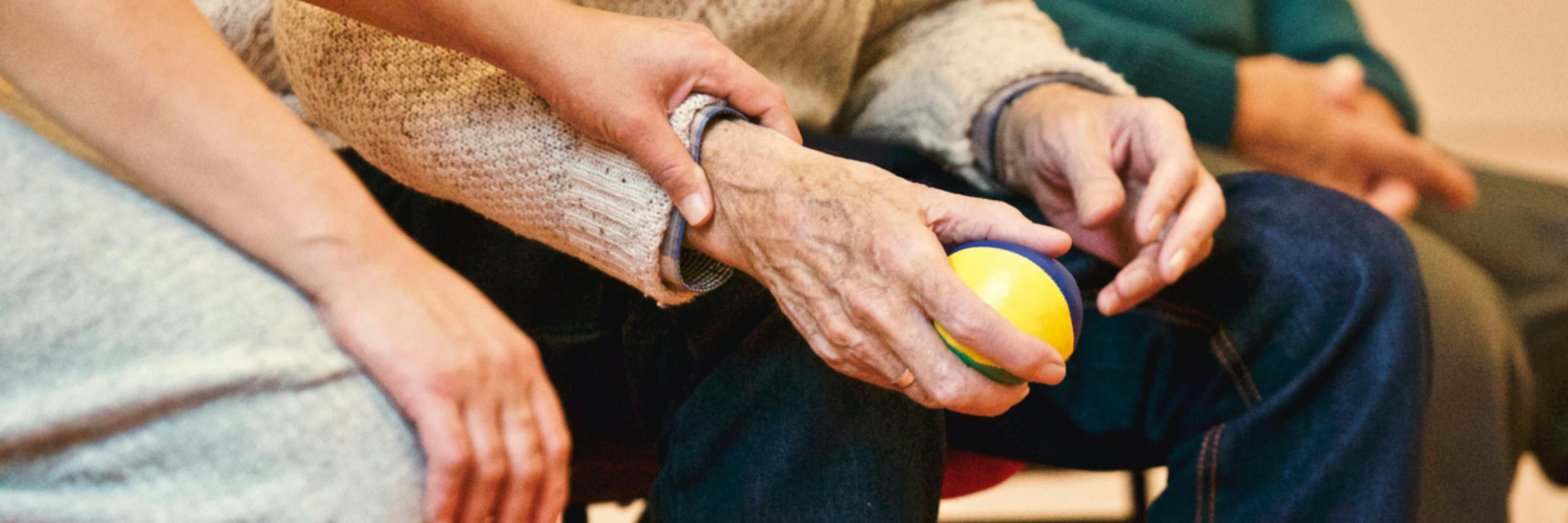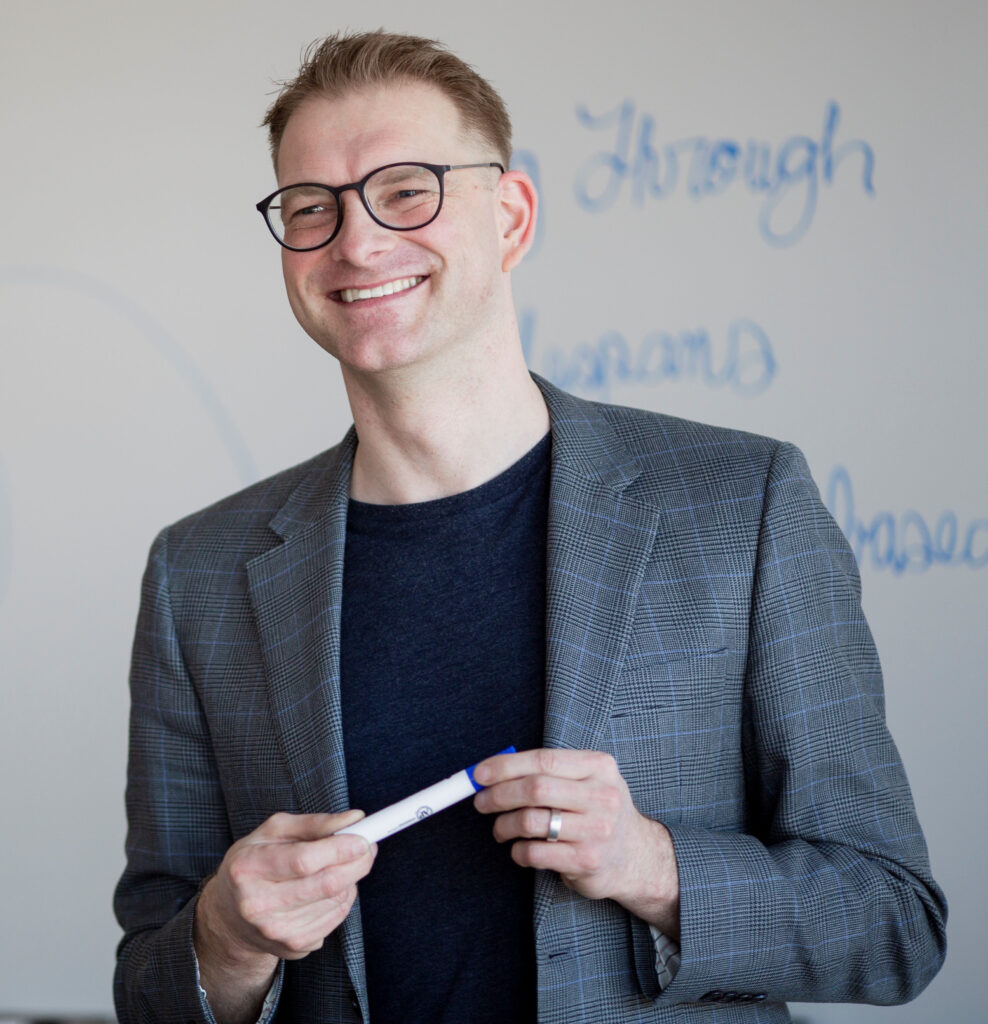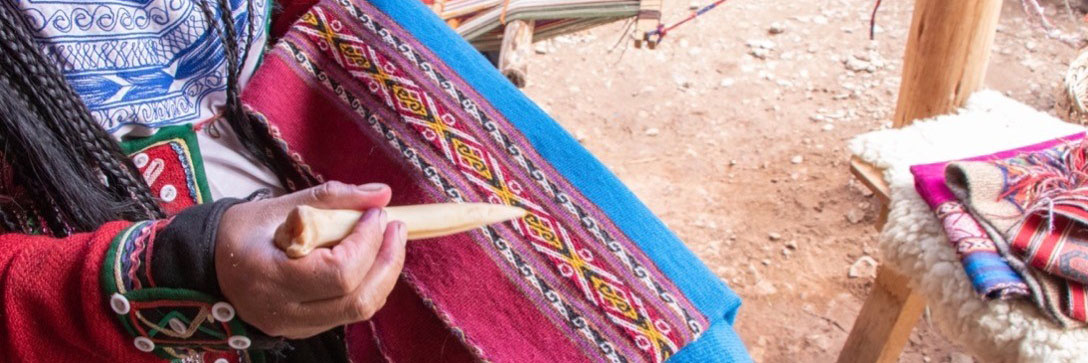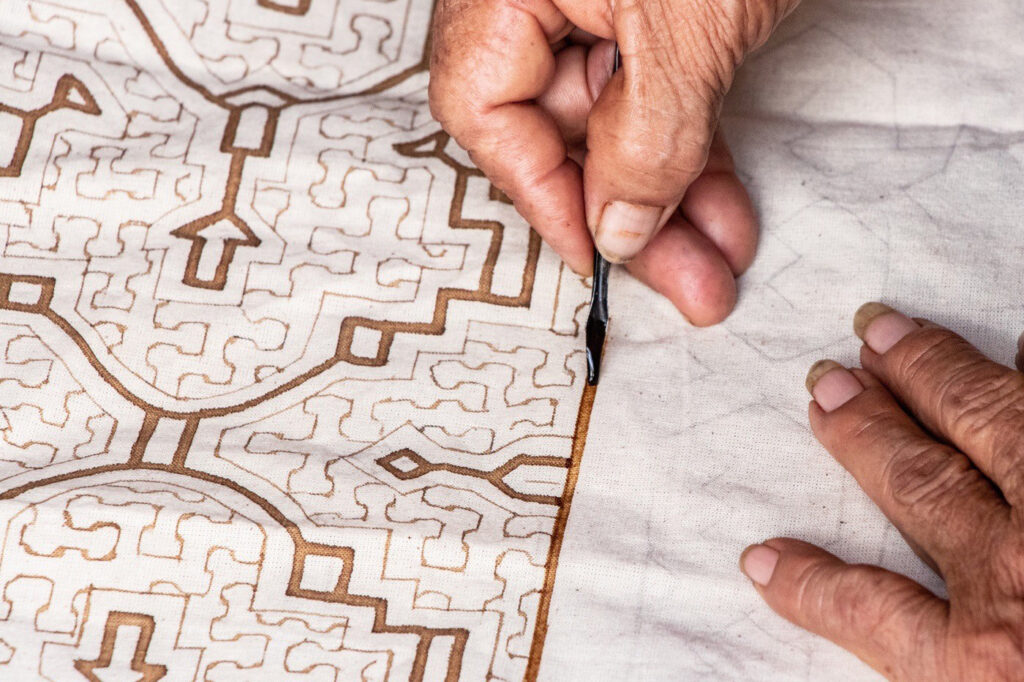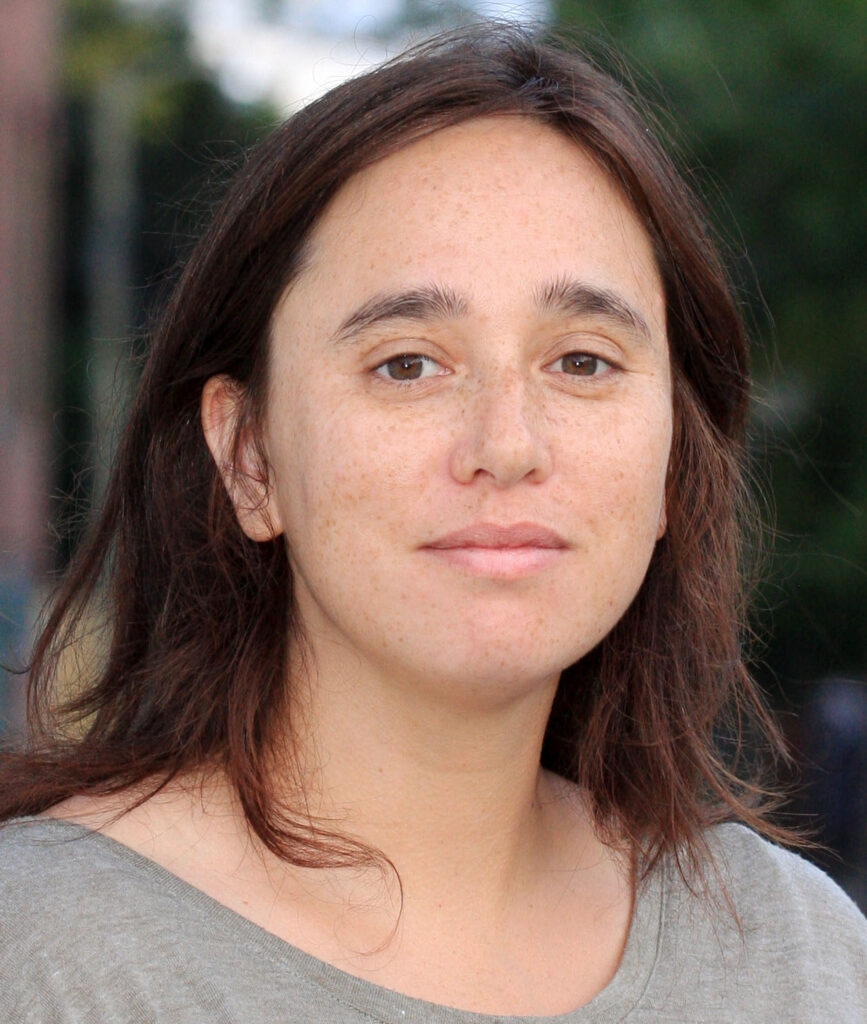Engaging in the work of equity and inclusion requires reflection and capacity building, which is why in celebration of Black History Month, the Centre for Human Rights, Equity & Inclusion (CHREI) is offering a series of four workshops (three in English, one in French) throughout the month.
Titled “A Spotlight on Intersectional Anti-Racism Work and Black Inclusion,” the series is tied to CHREI’s ongoing Rights, Equity, Decolonizing, Diversity & Inclusion (REDDI) Mini-Series of workshops. Those who attend three sessions can receive a special course certificate.
The ongoing workshop series focuses on various themes and topics covering human rights, equity, diversity, and inclusion and is open to all faculty, staff and students at York University. Sessions are interactive and instructor-led by members of the CHREI education team.
Acknowledging and Addressing Racism
Feb. 5, 1 to 2:30 p.m.
This workshop will help participants gain an understanding of how to recognize racism, how it can manifest and its impacts. Participants will learn strategies to address barriers to inclusive spaces and become familiar with relevant tools, policies and legislation.
Register for the Acknowledging and Addressing Racism workshop.
Black Inclusion: Historic and Current Efforts to Dismantle Anti-Black Racism
Feb. 14, 1 to 2:30 p.m.
This session will follow the birth and development of anti-Black racism globally and locally, and the efforts to dismantle it. Through case studies and scenarios, participants will gain tools to respond to anti-Black racism in effective and sustainable ways.
Register for the Black Inclusion workshop.
Do the Work: Intervening on Racism
Feb. 26, 10 to 11:30 a.m.
This workshop will be highly participation-based and will ask attendees to design strategies and tools to intervene in moments of racial discrimination, harassment and microaggressions. Prior familiarity with these concepts is recommended.
Note: Participants are strongly encouraged to participate in at least one of the workshops above before attending this session.
Register for the Do the Work workshop.
[En Français/In French] Reconnaître et aborder le racisme
29 février, 10h00 à 11h30
Cet atelier aidera les participants à comprendre comment se manifeste le racisme, et quels sont ses impacts. Les participants découvriront des stratégies visant à éliminer les obstacles aux espaces inclusifs et s’exerceront à interrompre les commentaires racistes.
Register for the Reconnaître et aborder le racisme workshop.
Visit the REDDI Workshop Series website for more details.




